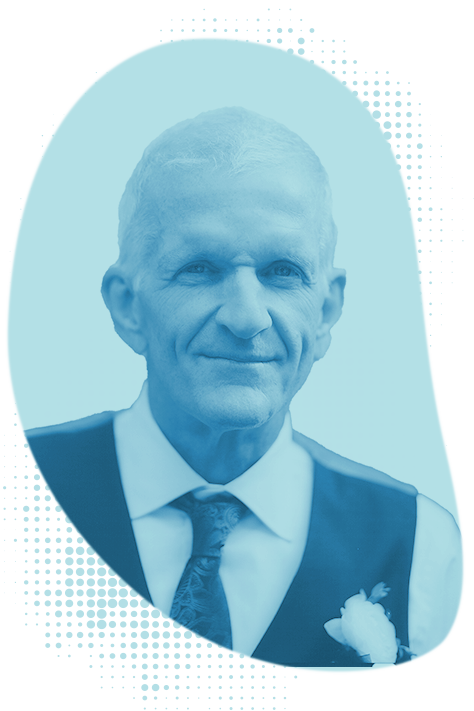
SHALLOW VELOCITY MODELING WITH AIRBORNE FTG DATA
Join guest speaker Matt Duiker of Front Range Geoscience during SEG for this 15 minute scientific presentation
Running Daily During SEG 2020, Monday - Wednesday October 12-14. 1pm CST with Live Q&A
VIRTUAL SEG BOOTH TALK
Shallow Velocity Modeling with Airborne FTG Data
Project Update Part 1 (at SEG 2020)
It has been found that Full Tensor Gravity Gradiometry data can be used for shallow velocity modeling. It fills in the gaps in seismic, sees the shallow clearly, is comparatively cheap and fast, and as air permits are significantly easier than land permits it can be flown over old surveys to correct for statics.
In this presentation we share the details from the FTG gravity gradiometry data acquisition study by Bell Geospace, which flew a 100m spaced survey over 1000 square miles in West Texas.
After a very short introduction on the acquisition and survey details, the presenters show the results of the latest joint inversion between FTG data and refraction tomography.
About the Speaker
Dr. Matt Duiker has over 30 years of experience in geoscience technology development, having founded numerous leading geophysical companies, such as Front Range Geosciences, XtremeGeo, Maverick Geophysics, and Renegade Geophysics. Before creating Phoenix™, Dr. Duiker created the FLATIRONS™ Refraction Statics software package, the industry-leading near surface geophysical processing suite. Dr. Duiker holds a Ph.D. in Physics from the University of Colorado and a B.S. in Electrical Engineering from Caltech.
Front Range Geoscience
Front Range Geosciences is located in Boulder, CO. They are a small company focused on near-surface modeling and data processing, working on innovative new software tools and methodologies for exploration geoscience.
They are a sister company to Xtreme Geo, a recognized leader in refraction statics software.
Visit their website to learn more about Front Range.
Project Update Part 2 (at Potential Fields Group SIG)
Updates to this project will be presented at the Potential Fields Special Interest Group, November 17th 2020
Set to include
- Additional Seismic
- Much more detail for a potential fields audience
- Follow us on LinkedIn for updates
